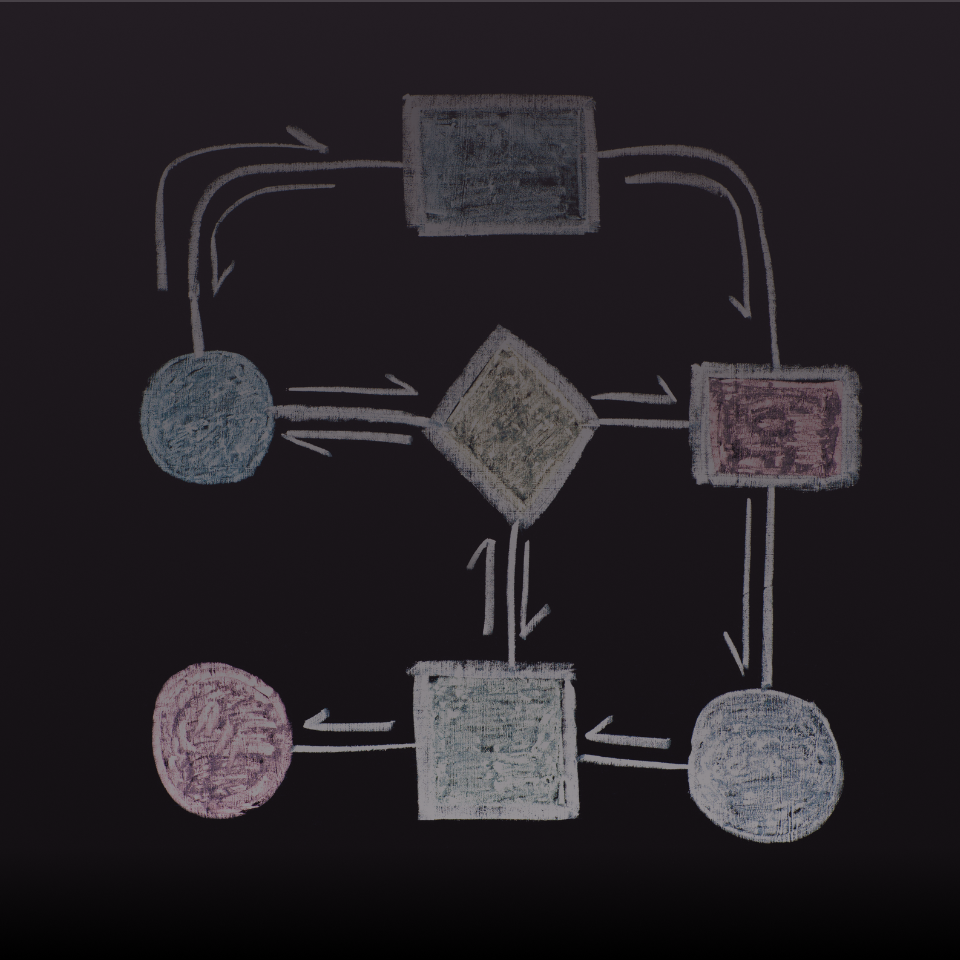Automation in Healthcare: Challenges and Benefits
Many industries stand to benefit from automation, and healthcare is no exception. Given the constantly increasing amounts of data, it is essential to automatize procedural or administrative tasks and allow care providers to focus on what truly matters: providing care. That is why medical institutions today are trying to find ways to reduce the burden of non-health-related tasks.
What Is Healthcare Automation
Some vendors claim they offer automation services, but that isn’t always the case. Be wary of what automation truly means: if your staff needs to initiate sequences or pay attention to the automation processes, you didn’t really automate your institution.
We can define automation as utilizing software that independently takes care of the processes for which it was developed. Automated healthcare thus means having software that starts, runs, and ends without human intervention.
To alleviate the burden of the already struggling medical industry, many institutions rely on technologies that can help them out. 90% of hospitals already have artificial intelligence strategies in place, as this is a valuable tool for data management, scheduling, reduction of errors, etc. These tasks are necessary, yet they are time-consuming and shift the focus of already exasperated medical professionals.
Robotic Process Automation in Healthcare: Where to Begin
Automation in healthcare relies on either software robots or artificial intelligence, which is why it is sometimes referred to as software robotics. While these technologies can help us in the healthcare industry with numerous tasks, it is our job to identify the necessary automation points. These tasks usually fall under the ones that affect patient experience and satisfaction (i.e., concerning waiting, scheduling, or processing times). It is necessary to identify aspects that would benefit the most from healthcare robotic process automation and to start there.
Ask yourself which processes are the most time-consuming, and consequently, you will find which operations should be automated first. When patients are involved in the process (such as showing up for appointments or filling out data related to personal histories or collected from wearable devices), you will find that automation drastically saves time and costs.
Intelligent Automation in Healthcare: Challenges
Words like AI in healthcare sometimes have a negative connotation: people think that it is too costly, that it could be too expensive, or that it can be biased. While all of these points are valid, that doesn’t mean they aren’t mere opportunities for solutions. Here are some of the commonly perceived challenges of automation.
Privacy Issues
The introduction of artificial intelligence in healthcare poses a specific challenge: by recognizing patterns in data, AI can identify patients and potentially reveal protected health information. Automation in health care needs to be implemented carefully so it doesn’t violate HIPAA or the Privacy Rule. Given how Privacy Rule extends to medical practitioners and third-party associates, machine learning algorithms can only go so far without infringing on patient rights.
Job Scarcity
Some people fear introducing these technologies will result in the loss of jobs. While that is a legitimate concern, AI and similar technology are nowhere near that level. Still, they exist solely to support and assist medical professionals like clinical decision support systems.
High Cost
Intelligent process automation is a costly endeavor. However, like most new technologies, development and implementation are expensive, but the bounty is plentiful. In fact, after the upfront payment of this technology’s deployment, the expected cost reduction is 2% every year.
Automation in Healthcare: Benefits
As we already mentioned, introducing this technology has numerous benefits for patients and care providers. Below is a non-exhaustive list of some of the benefits of automation:
Easier Scheduling
Scheduling is a simple, time-consuming process that can be made easier with AI or chatbots. Appointment scheduling software is a highly efficient software that can make this task less complicated and allow providers to focus on providing care.
Claims Processing
Healthcare organizations deal with banks, insurance companies, and government agencies. The amount of paper or manual data is staggering, the potential for error is great, and operational costs are high. Robotic process automation in healthcare industry solves the last problem: as per Mckinsey, automation reduces operational costs by 30%.
Reduction of Errors
Healthcare mistakes can be costly and life-threatening. Introduction of safeguarding technologies that alert providers when a mistake is being made are essential to the industry. In fact, in 2019, there were 17% of preventable medical errors that would have been caught if the medical institutions had used some type of support system running in the background.
Improved Communication
It is no question that patients sometimes forget and miss their medical appointments. RPA in healthcare can solve this: by having an automated patient reminder, patients receive a notification about their appointment and can organize their time accordingly.
Improved Data Transfer and Access
As mentioned, healthcare data is sensitive due to related privacy concerns. Automating the data collection and sharing process and introducing software that takes proper steps in its storing is essential to any medical institution today. Doing so will reduce operational costs and save valuable time for medical professionals.
Healthcare Workflow Management
There are many moving pieces in a healthcare organization. Patient monitoring, data collection, and information updates are just some things that healthcare professionals must do. However, with the introduction of RPA healthcare that takes care of workflow management, your staff develops better reaction times, learns as they go, and offers a better experience to patients.
Improved Patient Satisfaction
Many factors contribute to patient satisfaction. While the level of care and treatment is probably the most important, it is essential to note that today’s patients appreciate the dedicated staff and helpful software.
Digital solutions such as remote patient monitoring allow patients to receive care in the comfort of their homes. Automated healthcare solutions remind them to take their medication, reschedule appointments if they are going to miss them, or alert them if they are straying too far away from their recommended therapy. In other words, digital solutions drastically improve patient lives and satisfaction with their care provider.
Our Expertise
With three decades in the healthcare industry, Vicert has developed numerous health solutions to ease the lives of care providers and patients. From our data-gathering tools to improved analysis and operational workflow, we have already developed tools for automation in healthcare that have drastically improved our client’s processes. But don’t take our word for it - check out some of our solutions below and book a call with us to learn more!


